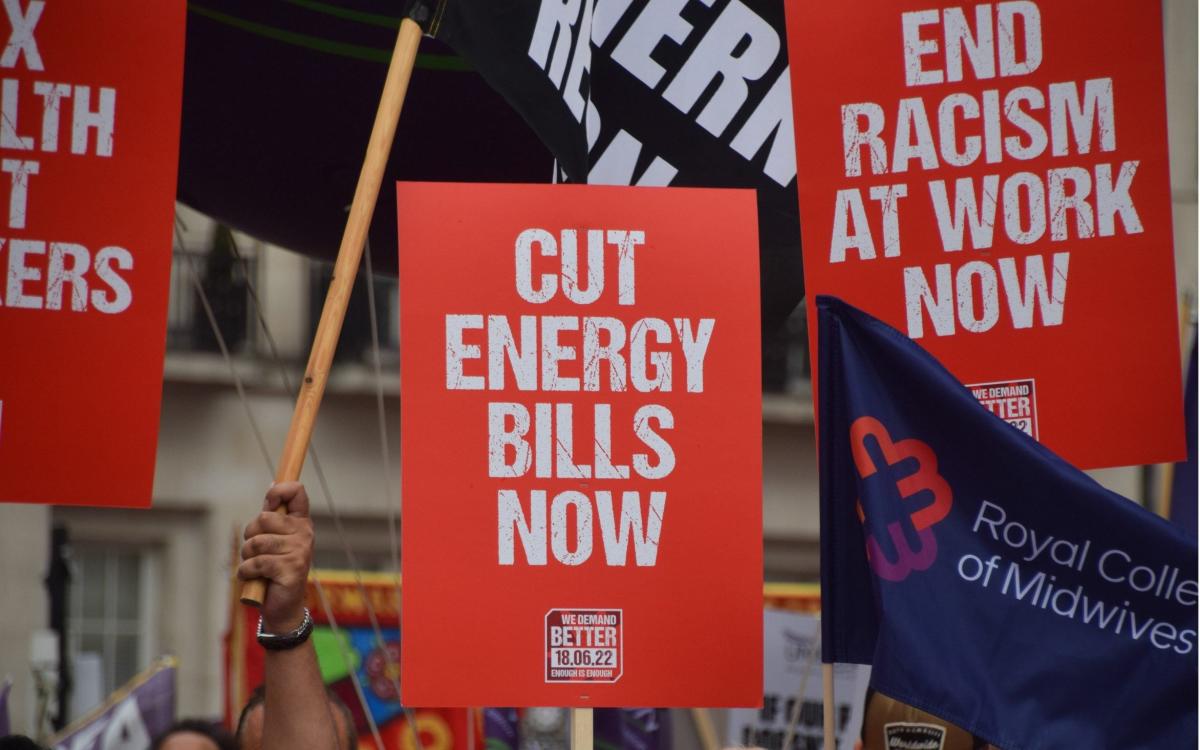In less than two weeks, the Chief Executive of the Office for Gas and Electricity Markets (Ofgem) is preparing to set the coming winter gas and electricity prices for around 29 million households. However, Jonathan Brierley cast doubt on the effectiveness of energy price caps in reducing the burden on bill payers.
Ofgem Rethinking Energy Price Caps: Challenging Established Norms
Brierley urged ministers to reconsider the appropriateness of the “very broad and crude” price controls that have governed tariffs for the past four years, a potentially transformative move for Britain’s energy sector. The ongoing energy crisis has dramatically changed the market landscape and prompted a fundamental reassessment.
Crisis-related market disruption
Wholesale market prices have soared to unprecedented levels over the past two years, pushing nearly 7.5 million households into energy poverty. The economic turmoil led to the closure of nearly 30 energy suppliers. In response, the government launched a massive £78bn rescue package to help households cope with their energy bills.

Brearley explained: “Price caps were designed for a more stable market until 2020, and they worked well. But in this volatile market, price caps have costs as well as benefits, so we welcome discussions on the future of price regulation. debate.”
Advocate for stronger frameworks to support families
Concerns are growing that the current cap on energy prices could do more harm than good, with Brierley stressing the need for a “tougher framework” to provide solid support for households.
One possible solution is the introduction of a social energy tariff, which is gaining traction across the industry. Unlike a price cap, the tariff would help households trapped in energy poverty by setting the tariff below the cost of the utility.
“We’re working with the government on all the options, including social tariffs. I think we realize we need a stricter framework to support our customers,” Braerley explained.
Unexpected results and challenges of adaptation
Energy price caps were originally designed to curb excessive energy tariffs, but because of soaring costs, it is difficult to protect those trapped in energy poverty. The impact of the cap has even led to the closure of many small suppliers, costing households an estimated £2.7bn. Those suppliers had been losing money for months before the cap was changed.
“The truth is, in a more stable market, the price ceiling has served its purpose. The current configuration is very difficult to adapt to a changing world,” Breerley said.
Meeting ongoing challenges: Changing role of Ofgem
Brierley took the helm of Ofgem in early 2020, a period marked by the aftershocks of the coronavirus pandemic and energy markets following Russia’s crackdown on Ukraine.
Today, energy poverty is on the rise, vulnerable payers switch to prepaid meters, small businesses fall prey to predatory energy brokers, and renewable energy projects face long grid connection delays.
To address these challenges, Ofgem proposes small business safeguards and accelerated grid connection. In addition, British Gas is under investigation for helping disadvantaged households use prepaid meters.
The balance between enforcing regulations and promoting innovation remains a key task for Ofgem. Breerley acknowledged a more proactive approach by regulators and stressed the importance of striking the right balance.
Looking ahead: Ofgem embracing change and market dynamics
Brearley’s leadership demonstrates a commitment to helping Ofgem through turbulent times as energy markets adapt to changing conditions. His insights and call for change underscore the importance of adapting the regulatory framework to better serve consumers and meet the country’s changing energy needs.


